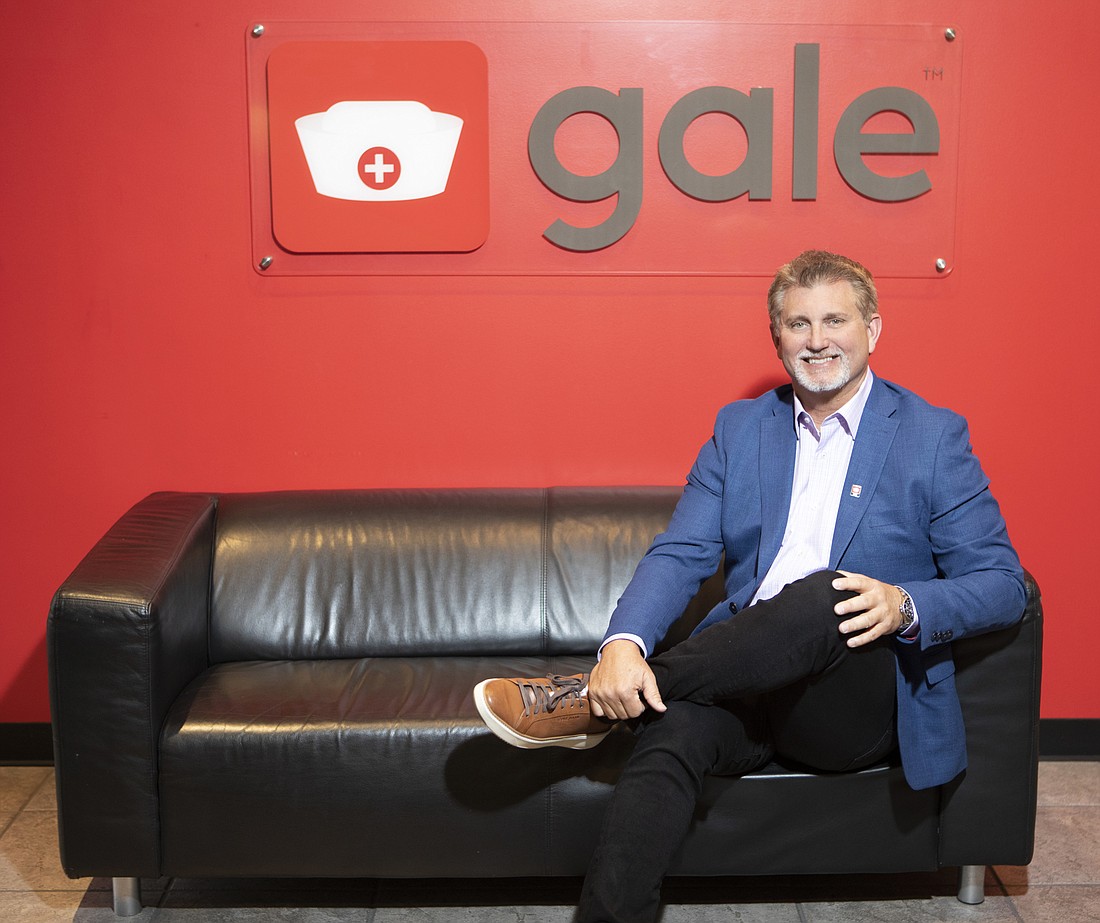- December 13, 2025
-
-
Loading

Loading

Over the past decade, thanks to platforms such as Uber, PostMates, Instacart and DoorDash, the gig economy has fundamentally changed the way tens of millions of people of work. According to Pew Research Center data from last year, 16% of all American adults have earned income from sort of online gig work.